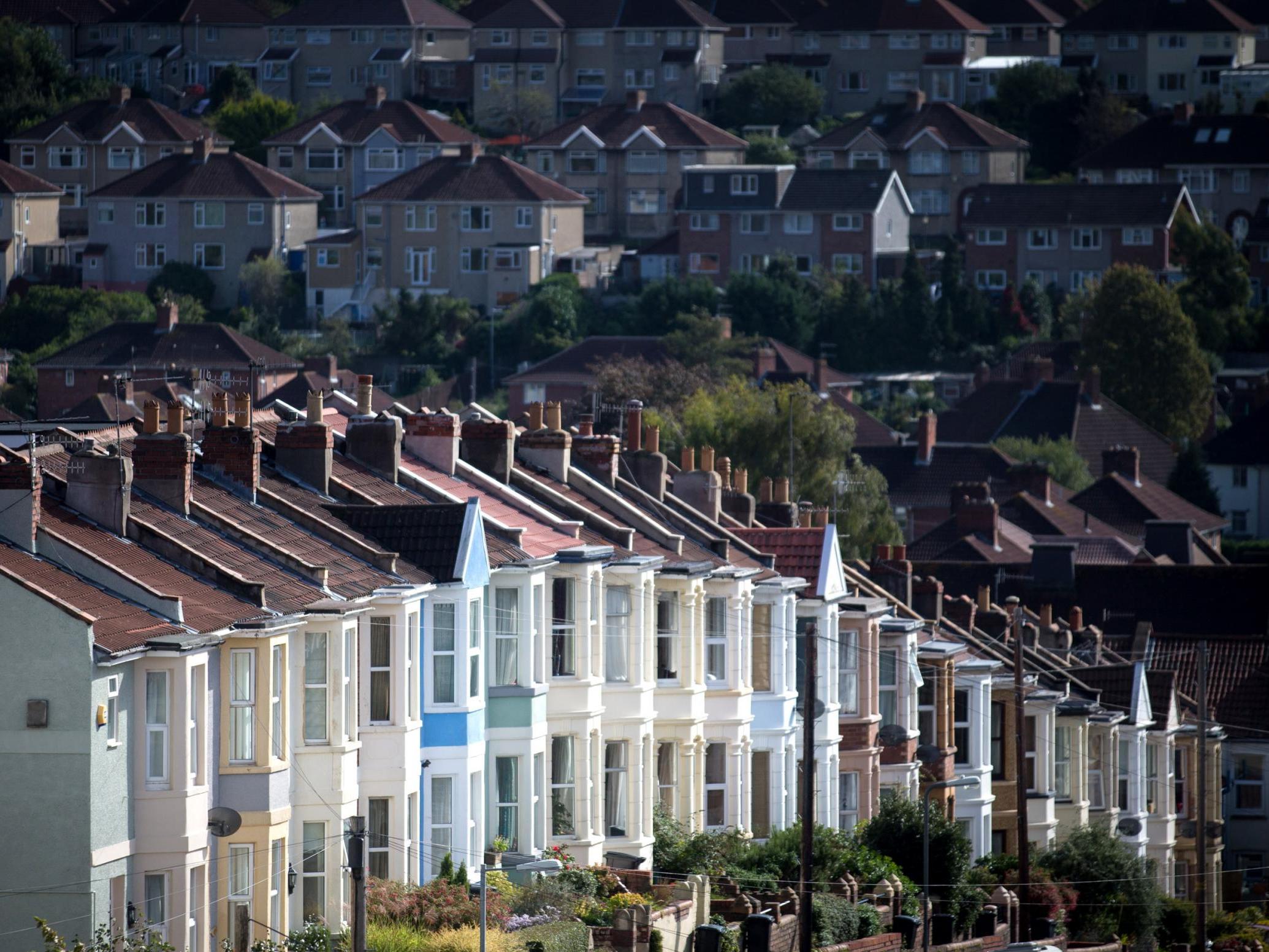UK house prices surge to all-time high after biggest monthly jump since 2004
Average sale price of a home jumped £3,188 to £224,123 in August as as buyers rushed to take advantage of stamp-duty holiday

UK house prices surged to an all-time high after their biggest monthly rise in 16 years, as buyers rushed to take advantage of a stamp-duty holiday.
The average sale price of a home jumped £3,188 to £224,123 in August, according to Nationwide’s figures. Not since February 2004 has the building society registered such a large gain.
Prices have risen 3.7 per cent in the past year as the UK economy has floundered and mortgage borrowing rates have dropped to record lows.
Separate figures from the Land Registry, which lag behind Nationwide’s, show that prices rose 2.9 per cent in the 12 months to May.
The numbers are the latest indicator that the UK property market is in surprisingly rude health, although some observers have cautioned that a slump is on the way.
A suspension of stamp duty on properties worth up to £500,0000 has cut the cost of moving house by thousands of pounds, encouraging people to accelerate plans to buy or sell.
Experts warn that the reintroduction of stamp duty in March next year, along with an expected rise in unemployment, the termination of the Help to Buy scheme and an end to the ban on evictions could cause house prices to tumble.
Protections for renters, which were set to end last month, have been extended to 23 September. Tens of thousands of tenants who have been unable to pay some or all of their rent during the pandemic may face eviction within weeks.
Chris Sykes, at mortgage broker Private Finance, said this could reduce demand for buy-to-let properties, which have until now largely been seen as a safe and profitable investment.
“The ending of the government’s eviction ban in September could lead to a surge in landlords trying to remove tenants from properties,” he said.
“This may cause a great deal of negative publicity, possibly suppressing appetite for new buy-to-let purchases.
“Landlords may even sell some of their properties to avoid potential difficulties moving forward.”
Some types of properties, notably those with more space and access to a garden, have become more in demand since the pandemic began, while smaller flats in cities are taking longer to sell.
“The bounce-back in prices reflects the unexpectedly rapid recovery in housing market activity since the easing of lockdown restrictions,” said Nationwide chief economist Robert Gardner.
“This rebound reflects a number of factors. Pent-up demand is coming through, where decisions taken to move before lockdown are progressing.
“Behavioural shifts may also be boosting activity, as people reassess their housing needs and preferences as a result of life in lockdown.”
A poll by Nationwide in May found that 15 per cent of people were reconsidering their housing needs because of the Covid-19 pandemic.
Subscribe to Independent Premium to bookmark this article
Want to bookmark your favourite articles and stories to read or reference later? Start your Independent Premium subscription today.

Join our commenting forum
Join thought-provoking conversations, follow other Independent readers and see their replies